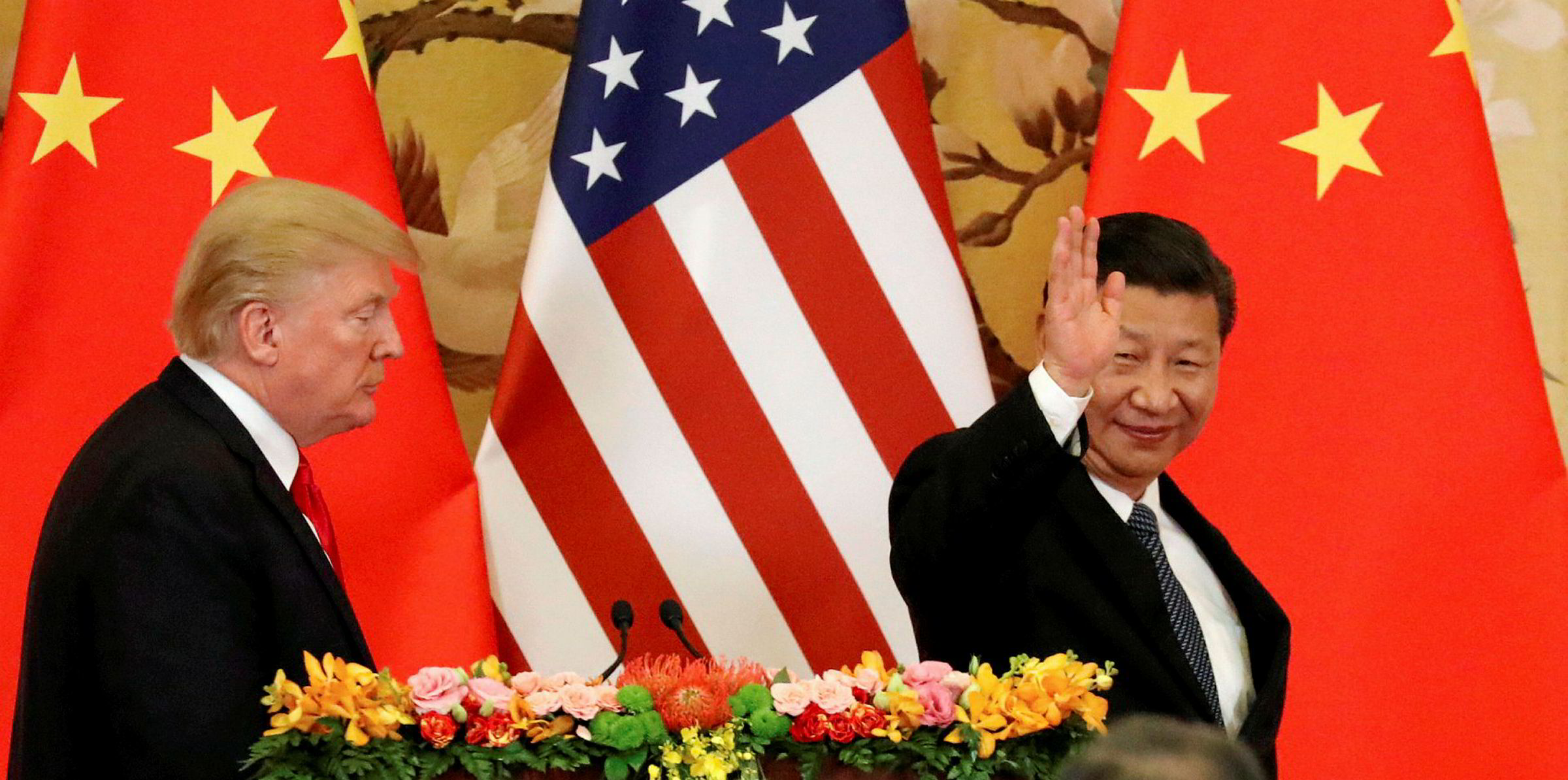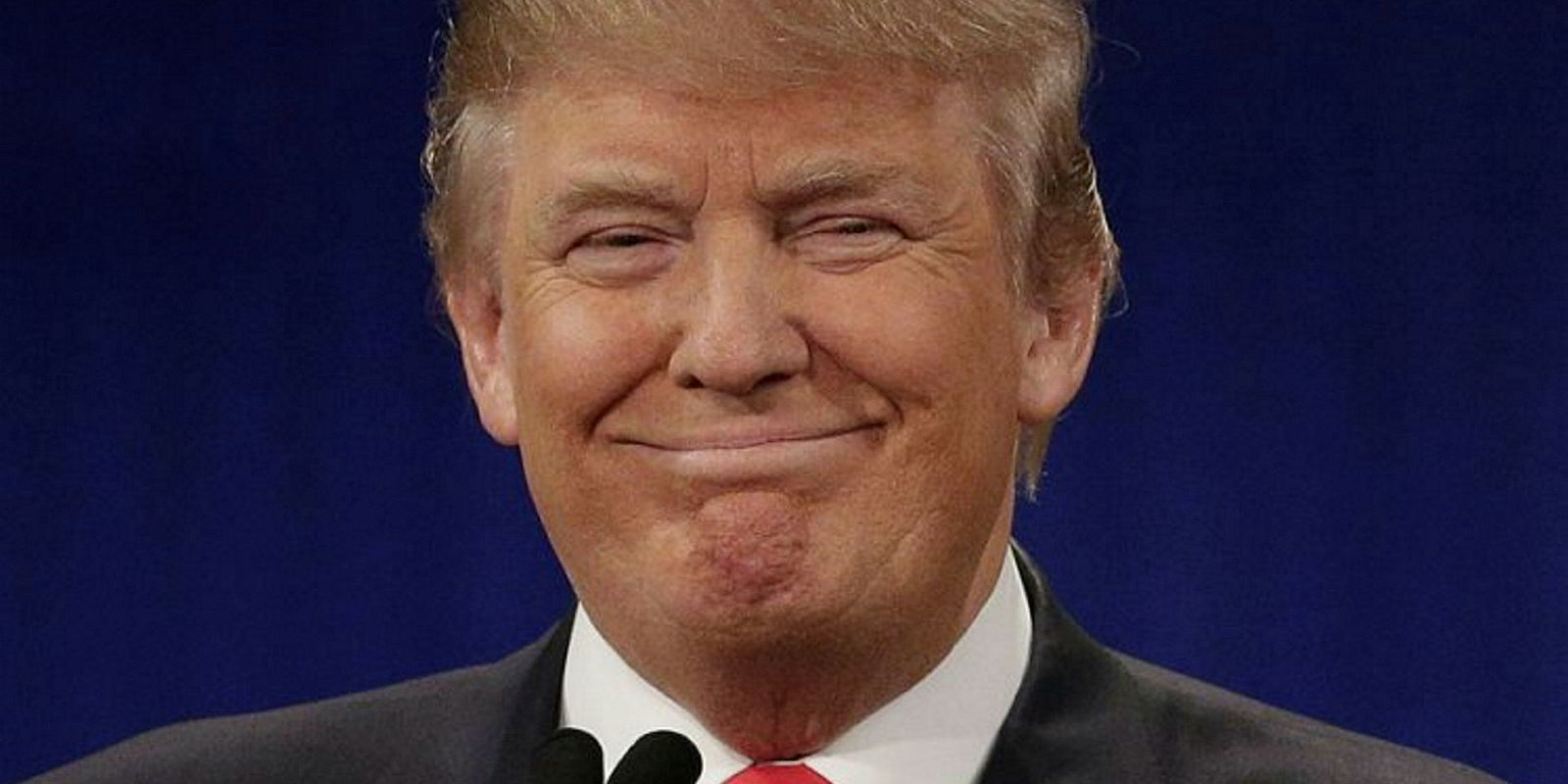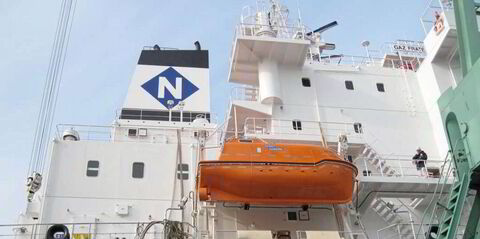Medium-sized bulkers have been the sector to suffer the most from the ongoing trade war between the US and China, according to Clarksons.
In 2018 so far, there have been several rounds of new import tariffs announced by the US, with China and other countries undertaking retaliatory actions.
Last week marked a further escalation in trade tension, with the US confirming that 10% tariffs on $200bn of annual imports from China will be introduced on 24 September, rising to 25% next year.
In response, China has announced that tariffs of 5% to 10% on $60bn of annual imports from the US will also come into force this week.
“These actions have brought the total volume of seaborne trade affected by tariffs introduced this year to an estimated 171 million tonnes, equivalent to 1.5% of global seaborne trade,” said Clarksons.
In the dry bulk sector, the share of trade affected has risen to 1.8% from 1.5%, with tariffs now impacting over 8.5% of the global grain trade and around 5.7% of steel products, according to the shipbroker.
“The announcements last week have brought the volume of global container trade affected to an estimated 3.8% in tonnes, from 1.2% previously, whilst tariffs imposed in July had already impacted 4% of LPG trade,” it said.
“In the LNG sector, only a limited share of trade is impacted, 0.5% based on 2017 data, and whilst China has previously proposed tariffs on imports of US crude oil, these plans appear to have been dropped for the moment.”
However, Clarksons said assessing the potential impact of the dispute on trade volumes is a complex task.
“There is uncertainty over the sensitivity of demand to tariff-impacted pricing, and to what extent changing trade patterns and ‘substituted’ volumes might limit any global impact,” it said.
The shipbroker said recent data suggests that the impact so far has been mixed, with peak leg Transpacific box trade growth firm in recent months up 6% year-on-year for the April to July period.
However, it conceded that this may also partly reflect a “rush to move cargoes” before further tariffs came into force.
Clarksons said there are also wider potential impacts to consider with recent announcements doing little to support investor sentiment.
The shipbroker said there “remains a risk” of a broader impact on the world economy and escalation to a wider trade war.
“Moreover, the political and economic landscape is dynamic, and further proposed tariffs affecting containers and cars may yet be introduced, which could raise the share of seaborne trade affected to 1.7%.”





